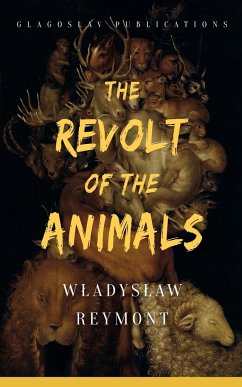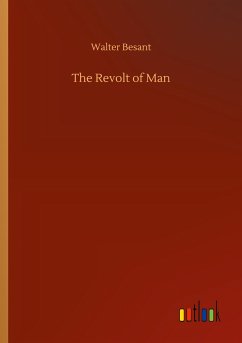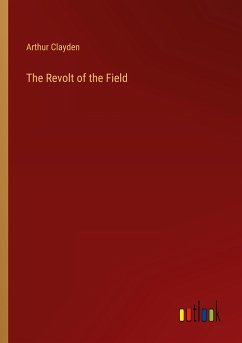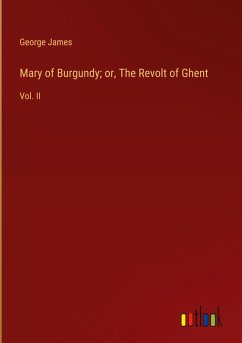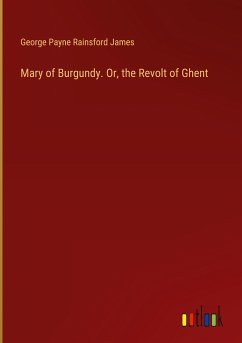"Don't give up! I'll help you!" barks Rex, the hero of W¿adys¿aw Reymont's Revolt of the Animals (1924), "carried away with wrath and compassion" at the sight of his friend the old donkey with "his head covered in a hempen sack, being whipped by boys harrying him towards a pit of lime." Who would not be roused to a righteous indignation at the sight of such wanton cruelty, inflicted upon a wise, sentient creature - for the perverse pleasure of man, that "crown and lord of all creation," to whom dominion over this world was supposedly given by the Lord at the dawn of creation? Certainly, the beasts of farmyard and field know better than anyone how gentle a master human beings can be, and so it is no surprise when this scene becomes the last straw for our patient, long-suffering quadruped cousins. "Take everyone with you," says Blackie, who - like most of the other animals on the farm, had remained impervious, up till now, to Rex's urgings to revolt - "everybody's suffering the same misery, whips, and slavery. It's eating away at us all." Thus begins the animal fable of the Polish Nobel Prize winner (1924), inspired by the Bolshevik Revolution in Russia, and the Polish-Soviet War, which had just ended a year before the novel was serialised in 1922. Banned in Poland during the Communist years and only republished in this century, The Revolt of the Animals is now made available to the English readership for the first time in the translation of Charles S. Kraszewski. Comparisons to George Orwell's later novel Animal Farm will naturally arise in the reader's mind - and often, to the advantage of Reymont.
Hinweis: Dieser Artikel kann nur an eine deutsche Lieferadresse ausgeliefert werden.
Hinweis: Dieser Artikel kann nur an eine deutsche Lieferadresse ausgeliefert werden.

